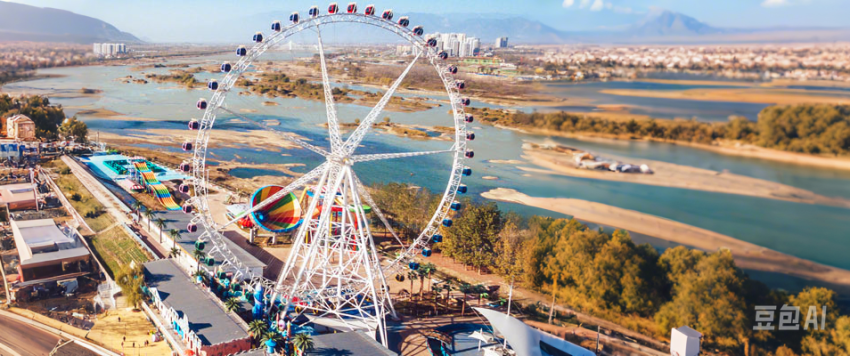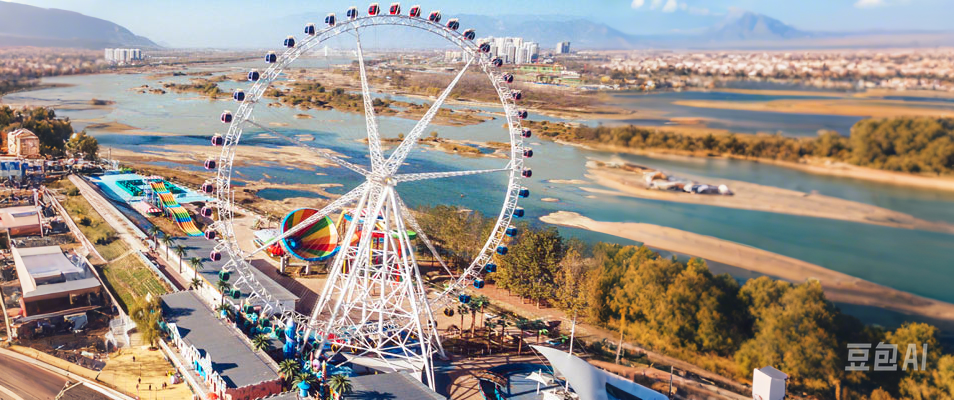Why Post-Purchase Maintenance Should Never Be Overlooked
When investing in large-scale amusement rides like a Ferris wheel (купить колесо обозрения), the focus often falls heavily on initial price comparisons and ride specifications. However, what many buyers underestimate is the importance of post-purchase maintenance and operational reliability. Regardless of the cost or manufacturer, even the most robust amusement rides will require regular care and occasional repairs. Ignoring this factor can result in safety hazards, expensive breakdowns, and even business closure.
Identifying the Right Technicians for Ride Safety
One of the first steps after acquiring a Ferris wheel is to build a relationship with a qualified technician or ride mechanic. These professionals should have specific training in amusement park attractions. While some park operators might be tempted to hire general mechanics, that approach risks overlooking specialized systems like rotating joints, hydraulic lifts, or programmable logic controllers.
This becomes especially important when your park features high-intensity rides such as a pendulum ride or a Roller coaster (американские горки купить). These attractions undergo extreme mechanical stress and demand frequent inspections of motors, restraints, and anchoring systems.
Developing a Preventive Maintenance Schedule
Preventive maintenance isn’t just about cleaning or tightening bolts—it involves detailed inspections of:
- Electrical control panels
- Brake systems and emergency shut-offs
- Weld integrity and structural components
- Bearings and rotating parts
- Gondola safety latches and restraint mechanisms
Establishing a weekly, monthly, and annual maintenance checklist ensures that potential problems are caught early. For Ferris wheels, gondola suspension and the central drive motor are among the most sensitive components. For a pendulum ride (аттракцион пятый элемент), the swinging arm, pivot bearing, and acceleration mechanism need constant oversight.
Inventorying Spare Parts and Supplies
Downtime in an amusement park can mean lost revenue. That’s why keeping an inventory of critical spare parts—like hydraulic pumps, brake pads, fuses, and control relays—is a wise investment. While this adds to the initial cost, it saves days or weeks in shipping delays when components eventually fail.
The same principle applies to Roller coasters, where chain lifts, pneumatic launch systems, and anti-rollback devices must be available for swift replacement.
Tracking Ride Performance with Smart Technology
Modern amusement rides (экстремальные аттракционы) often include monitoring software that tracks daily usage, load cycles, and system errors. Ferris wheels, for example, may log the number of rotations or detect overheating in drive motors. Integrating digital sensors into your maintenance process allows your staff to make data-driven decisions, which improves both ride uptime and visitor safety.
For parks operating high-capacity rides like a pendulum ride, real-time alerts can prevent malfunctions during operation, reducing the risk of guest injury. Similarly, advanced sensors on Roller coasters can monitor track vibrations or control panel fluctuations, signaling problems before they escalate.
Training Staff on Emergency Procedures and Ride Protocols
Another often-overlooked factor is staff training. Your ride operators and maintenance crew must be thoroughly trained not just in normal ride operation, but in emergency protocols. In the event of a power failure, for instance, knowing how to perform a safe evacuation from a Ferris wheel becomes critical.
When it comes to dynamic attractions like a pendulum ride or fast-moving Roller coasters, any lapse in judgment can result in serious injuries. Simulating emergency situations and running quarterly drills prepares your team for worst-case scenarios.
Planning for Routine Inspections and Legal Compliance
In most countries, Ferris wheels and similar attractions must be inspected annually by government or third-party safety officials. Failing these inspections can lead to ride shutdowns, fines, or even license revocation. Maintaining a complete service log and documenting all repairs is necessary not just for compliance, but also for warranty purposes.
Furthermore, rides like pendulum rides and Roller coasters may face stricter scrutiny due to their intensity levels and operational complexity.
Keeping Rides in Top Condition Protects Your Brand
Beyond safety, there’s also a branding and business dimension to maintenance. A well-maintained Ferris wheel becomes a visual icon of reliability for your park. Visitors are more likely to return and leave positive reviews when rides function smoothly and look pristine.
On the other hand, a rusty or squeaky Roller coaster or a Ferris wheel with visible paint wear can severely damage your park’s reputation. Routine repainting, bearing lubrication, and canopy cleaning all contribute to your venue’s overall aesthetic and guest satisfaction.
Conclusion: Maintenance Is an Investment, Not an Expense
In the amusement industry, maintaining your equipment is just as crucial as selecting it. With proper planning, training, and resources, your Ferris wheel can offer thrilling views for decades. Meanwhile, other rides—whether a looping Roller coaster or a spinning pendulum ride—require just as much attention to safety and mechanical integrity.
When you treat maintenance as an ongoing investment rather than a burdensome cost, you’re actively protecting your park’s guests, staff, and long-term profitability.


